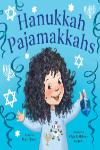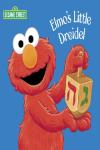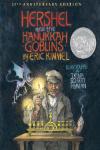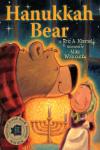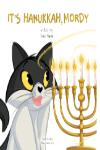Jewish Noir: Contemporary Tales of Crime and Other Dark Deeds by Kenneth Wishnia

Buy this book at Amazon or for Kindle
A unique collection of all-new stories by award-winning authors.
This anthology includes the work of numerous authors such as Marge Piercy, Harlan Ellison, S. J. Rozan, Nancy Richler, Moe Prager (Reed Farrel Coleman), Wendy Hornsby, Charles Ardai, and Kenneth Wishnia. The stories explore such issues as the Holocaust and its long-term effects on subsequent generations, anti-Semitism in the mid- and late-20th-century United States, and the dark side of the Diaspora (e.g., the decline of revolutionary fervor, the passing of generations, the Golden Ghetto, etc.). The stories in this collection include “Trajectories,” Marge Piercy’s story of the divergent paths taken by two young men from the slums of Cleveland and Detroit in a rapidly changing post–WW II society; “Some You Lose,” Nancy Richler’s empathetic exploration of the emotional and psychological challenges of trying to sum up a man’s life in a eulogy; and “Yahrzeit Candle,” Stephen Jay Schwartz’s take on the subtle horrors of the inevitable passing of time. These works include many “teachable moments” about the history of prejudice, the contradictions of ethnic identity, and assimilation into American society and culture.
Interview at JWeekly
Jews and the noir genre have a lot in common, says Kenneth Wishnia, editor of the new book “Jewish Noir: Contemporary Tales of Crime and Other Dark Deeds.”
The dark themes of the noir genre — alienation, outsider status, fighting against an unjust or hostile society — resonate throughout Jewish history, says the Long Island-based editor. “We have this history of angry prophets telling the leaders, ‘You’re not doing your job,’ ” Wishnia says.
jnoir3Look at Moses, the quintessential Jewish leader who did God’s bidding all his life and then was barred from entering Canaan for what might be considered a minor offense — striking a rock instead of just speaking to it.
“He sees the Promised Land and God says, ‘By the way, you’re not going.’ … Talk about noir,” says Wishnia. “In Judaism,” as in noir, “you can follow the right path and still get screwed.”

